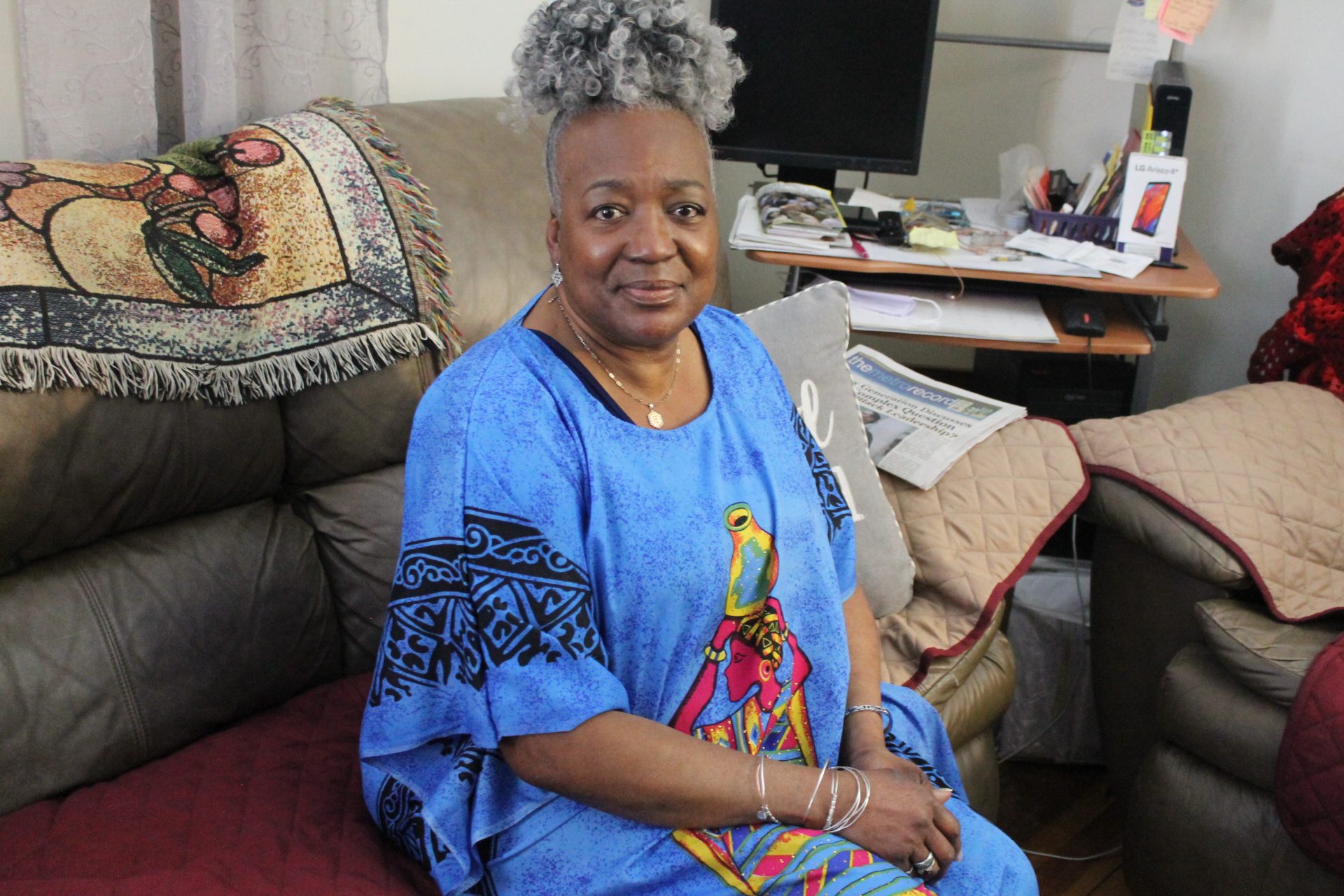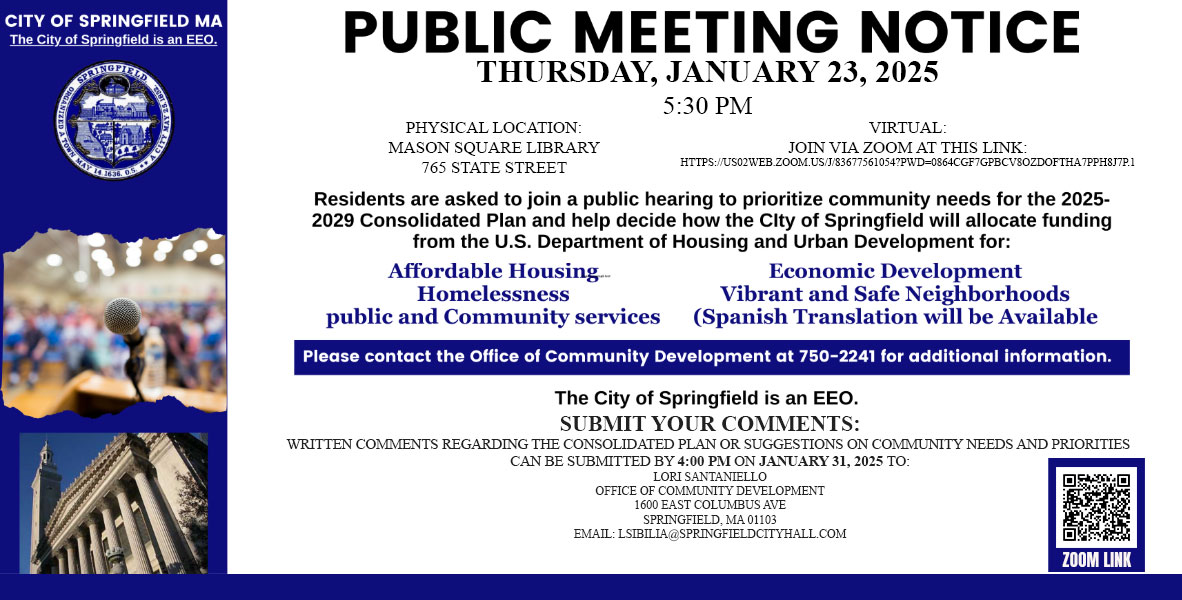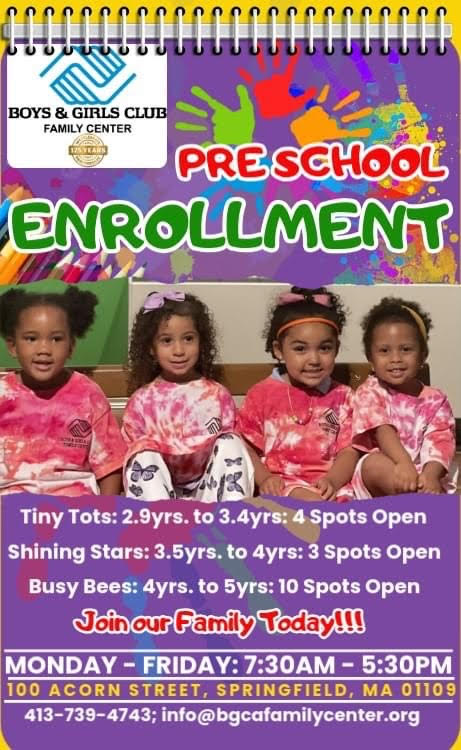I’ve been trying to live a life presenting as a whole, spiraling out of control. My weary soul is tired.
I don’t see the world the way the world sees itself. I don’t seem to function like everyone else. I’m off balance.
I can feel it like I feel my skin. It’s constantly moving in and out of other dimensions; I dare not mention that it’s scaring me.
As if a force is carrying me against my will. But who do I tell?
I am a Black Man, And I’m ill.
Still, I try desperately to sneak in Subliminals but they misinterpret it for criminal intentions
So there are no interventions
Only a cage or a grave
Please
Help! Before they act on their fears
~ Poet D.Moss, written following the fatal police shooting of Orlando Taylor III in Springfield MA 2022.
Being a black man in America means being my brother’s keeper. Being a black man in America means being my brother’s keeper while keeping a distance from my brother because I don’t trust him further than I can see him. It’s believing the cops don’t care about you. It’s learning how not to doubt yourself because when you’re born, everyone else already does.”
~ Poet Prentice Powell, written following the fatal police shooting of Michael Brown in Ferguson, Missouri, in 2014
Earlene Victoria Taylor, the paternal grandmother of Orlando Taylor III, describes her late 23-year-old Black grandson as a fun-loving, promising young man who experienced many challenges growing up.
Mrs. Taylor says her grandson was a good-natured child she raised since he was six months old. She said he loved to smile as a child as she points to pictures and says all he did was smile.
Ms. Taylor says Orlando attended area schools, stayed out of trouble and played sports with the Chicopee Braves. She said Orlando never knew his father, who died in 1998, months before Orlando’s birth.
Taylor continues, that didn’t take away from the love Orlando received, and he was surrounded by several positive male influences, including his grandfather and uncles. She said the home environment at grandmas house was healthy and nurturing.
Taylor said Orlando stayed with her until he was allowed to return to his mother’s home. She said he eventually fell through the system and returned to live with her, as he did periodically over the years. She says he was a terrific kid.
Taylor says he did have his challenges and got into trouble from time to time, but never involved in any criminal activities and never got arrested, nor had interactions with the police as a youth; emphasizing that the challenges were normal teen behaviors in acting out.
She says the family would go through lengths to ensure that he was involved in positive activities. Orlando didn’t do well in school and eventually dropped out; however, he recently went to New England Farm Workers to obtain his GED.
She smiles and says Orlando would get on his computer and download all types of math to prepare for the testing for his GED, she says he failed the first time, and it set him back emotionally, but he struggled through it. Taylor states that the family encouraged him to stick with it, but she observed that it did take its toll on him. His grandmother still has his books in a room upstairs in her home. He had all types of books; math, algebra along with others.
Rebecca Klisz-Hulbert wrote in a Washington Post article that states that Black youth in the U.S. experience more illness, poverty, and discrimination than their White counterparts. These issues put them at higher risk for depression and other mental health problems. Yet Black youth are less likely to seek treatment. For example, about 9 percent of them reported an episode of major depression in the past year, but less than half of those — about 40 percent — received treatment. By comparison, about 46 percent of White youth who reported an episode were treated for depressive symptoms.
Kalisz-Hulbert wrote: Studies suggest Black youth and their families may be less likely to identify their mental health symptoms. As a result, if they do receive referrals for care, they may follow up less often than Whites. Delays in seeking care can lead to negative consequences, including emergency psychiatric hospitalizations and noncompliance with treatment recommendations. These youngsters may then become adults with mental health issues that remain unaddressed.
Taylor says that most of the acting out and displays of emotional distress would happen at his mother’s home and school. She said she didn’t directly observe the behaviors until he reached 16 years of age, give or take. But, the grandmother says, like most teens, even that may have been attributed to a rebellious stage.
Ms. Taylor says she would take him to Gandara to work on his challenges, and even though he didn’t want to go, she would make him go and attend sessions. When that didn’t work, she took him to the Salvation Army and received counseling help there.
In response to all of the negative and often racist rantings on the local news sites, Ms. Taylor says the family did everything in its power to no avail. They reached out for help for his mental health challenges to no avail.
She says the recent pandemic escalated any emotional or mental health challenges the young man was experiencing. She says the family witnessed a complete decline.
Tragically, Orlando fell through the cracks; the services offered don’t seem to be meant for “us,” as in Black Americans. Taylor states that Orlando’s mother would repeatedly call the crisis hotline they would not do anything. So finally, The mother was forced to file a section 35 in a desperate attempt to get him help.
The family wanted mental help services, and for some reason, at one point, he was placed in a drug rehab program because the therapists didn’t see the mental health challenges; they believed him to be in the midst of a drug crisis. However, the family says he was not a drug addict and was not abusing drugs.
In her book We Real Cool: Black Men and Masculinity, the social and cultural critic bell hooks examined the impact on Black men of social expectations that they’ll behave in ways associated with Black masculinity and described how the expectation to follow a specific set of behaviors creates a toxic environment: Viewed inside a stereotype, Black men can become dehumanized and invisible, and their psychological and emotional health suffers. In addition, the lack of love and acceptance that many of them face can create a separate emotional crisis.
Taylor says We were up really early in the morning, around midnight. I had an incident when I hurt my shoulder, so I was in a lot of pain, so I awoke. I couldn’t even raise my arm. So I called the doctor and made an appointment to get the X-rays. That night, Orlando, his mother, and I got into a conversation about him getting help. He expressed his love to us both and told his mom, “I am going to do this.” I’m going to get help. So he planned to go to the African Diaspora Mental Health Association that following Monday.
His mother was going to take him; I told him I said when I get up in the morning, you’re going to get yourself together and I’m going to drop you off at your mom’s, and I’m going to proceed to go and find out about my shoulder. But, tragically, that never happened.
On the day of the shooting, he got up, got dressed, and prepared for the day as expected. The morning was a typical morning in the household. My oldest son happened to knock on the door that morning; Orlando went to open the door, came back upstairs, walked thru the kitchen, and went back downstairs again. I assumed he was still in the house, maybe downstairs with his cousin.
Taylor says, to her surprise; she looks out the window and sees Orlando casually walking down the street. A police car pulls up at that point, and I see the officers get out of the vehicle to approach Orlando. I’m stunned for a second, not understanding what is going on. I’m still looking out the window, and he starts running; by the time I get down the stairs, he’s up the street, past my driveway. I ran out the door and saw the police officers with their guns aimed at my grandson. I can still hear myself screaming, “he’s a child. He has mental health issues. Finally, an officer looked at me with his gun pulled, then turned back towards my grandson, whom I raised.
Seconds later, Orlando had been shot and killed.
The family called out the failure of Behavioral Health Network’s (BHN) co-response crisis line, which the family had contacted just days before Taylor’s fatal encounter with police requesting assistance because Orlando was in the midst of a mental health crisis.
Springfield police officers and clinical staff from BHN (the city’s co-response program) reported to Adamina Eddington’s home. However, they did not offer any services to Orlando at that time, telling Ms. Eddington that they “could not do anything for him until he did something.”
Sadly, the family says that something did eventually happen; on January 9th, Orlando Taylor III lost his life, leaving the Black community wondering if the family should call the city’s co-response program now?
A few days ago, reporter Taylor Knight reported Springfield Police Commissioner Clapprood saying, “I see the fear in their eyes.”
“The family, after reviewing the commissioners’ latest statement, “I can see the fear in my officers’ eyes. “Reinforces their initial belief that Orlando Taylor III’s death could have been avoided. Minister Charles Stokes, the spokesperson for the family, stated, “the fact that she would allow any police officer to patrol our neighborhoods (Black neighborhoods) knowing this fear exists is unconscionable, and a blatant disregard for public safety.”
Stokes stated, “the Oxford Dictionary says fear is an unpleasant emotion caused by the belief that someone or something is dangerous, likely to cause pain or a threat; he is prey to irrational fears.”
Stokes says the family is sure this same level of fear exists in BHN’s Mental Health professionals; this fear failed Orlando Taylor III when he desperately needed to be assessed and subsequently led to his death days later.
To see what I saw. No grandmother should ever have to witness something as horrific as that.” said Mrs. Taylor. Orlando’s grandmother watched her grandson get shot and die that day. She says Taylor had a mental illness, and she tried to get him help over the years, but the city’s health services system failed her family. This tragedy will haunt us; this could have been avoided had he been anything but a Black man.
The journal Annals of Epidemiology states, “The media has exposed the fact that there may be a disproportionate killing of Black men, in particular, and this is now considered not just a public health issue, but a public health crisis,” said study lead author Marilyn Thomas, who completed the analysis as a doctoral student at UC Berkeley’s School of Public Health. “Our analysis has found that, among those who happen to be killed by police, there are clear subpopulations that seem to be more vulnerable.”
“Black people are much more likely to have psychiatric disorders, whereas white people are more likely to get mental health treatment and intervention,” Thomas said. “What that leads to, and what we see in our criminal system right now, is an overrepresentation of people with severe mental illness, because they are being taken to jail or being assaulted or injured and ending up in the hospital rather than getting the mental health intervention that they need.”
At a press conference after reviewing footage of Orlando’s shooting, A Taylor family representative said that they would continue to press forward and focus efforts on addressing mental health needs and access in the Black community. On numerous occasions, the family has also spoken on the culturally insensitive and ill time statements and remarks by Springfield Mayor Domenic Sarno and Police Commissioner Cheryl Clapprood.
Stokes communicated to the Metro Record that Springfield Police Capt. Trent Duda called the Taylor household to ask if they would be willing to sit down with Commissioner Cheryl Clapprood and Mayor Domenic J. Sarno to review the footage captured by the police body-worn camera. To which the family declined. The Mayor requested to meet with the family in his office after being disclosed that Hampden County District Attorney Anthony Gulluni had already extended an invitation to view the footage. After ignoring calls and refusing to acknowledge the hurt and pain of a grieving grandmother.
Shortly after, Taylor’s family called Hampden District Attorney Anthony Gulluni’s office to complain about the city’s invitation. The investigation (footage included) was now in the hands of the District Attorney. The family received a letter outlining that the DA is leading the investigation.
Stokes said the family was visibly shaken and upset upon receiving the phone call from Captain Duda.
“That they would have the audacity — after justifying the killing of [the family’s] grandchild, cousin, nephew being killed in the street — and then to call the family to come to sit with [the mayor and commissioner.]” said Stokes. “It’s not their job.” He told the Metro Record there would be no votes here in this community, further stating that the Mayor publically reiterated the invitation in attempts to salvage his waning support in the Black community.
“The family, while we disagree with the district attorney’s outcome, we respect his decision; this is nothing new to the Black community. It’s always been OK for the police to kill us, we acknowledge that, but we do not accept that. As a community we have to confront and challenge the existing system to ensure that it works for us. But, Stokes added, we will continue to move forward and focus our efforts on bringing awareness mental health issues in the African-American community.”






